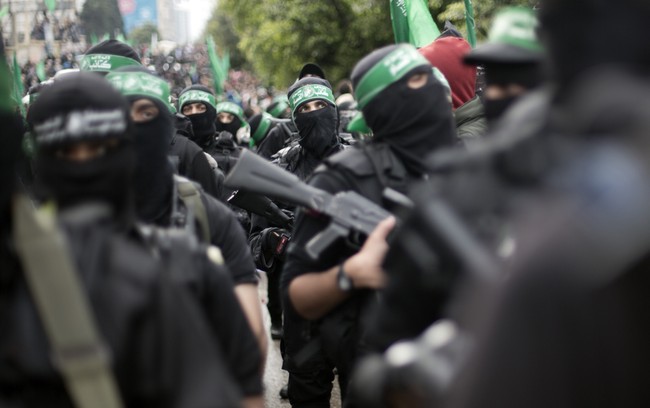
Israel has pulverized Hamas during the last seven months, destroying its infrastructure, killing its fighters, and reducing much of the Gaza Strip to rubble, but Hamas is proving to be more resilient than few people in Israel thought possible. The terrorists have resumed rocket attacks in Northern Gaza into Israeli communities and have regrouped in other areas.
Even after Rafah is reduced, the IDF will have work to do to prevent Hamas from ever being a threat to Israeli civilians again. That may prove a step too far for Prime Minister Benjamin Netanyahu’s war cabinet, which is already demanding an exit strategy.
Defense Minister Yoav Gallant and Netanyahu rival Benny Gantz have given the prime minister an ultimatum to come up with a post-war plan by June 8 or they will take a walk.
The two retired generals are dead set against Israel re-occupying Gaza — a task they gave up in 2005. Netanyahu’s ultra-conservative right flank is demanding that Israel re-occupy Gaza, but Netanyahu says he would only agree to Israel taking over security for the Strip.
Both Gantz and Gallant are opposed to giving Hamas a role in the new Gaza government or any government that would lead to the establishment of a Palestinian state. Instead, they offer four scenarios with varying levels of realism for Israel to end the war.
1. Military occupation
To ensure Israel’s security and prevent another October 7, Amir Avivi, a retired Israeli general and former deputy commander of the Gaza division, thinks the Israeli military would have to maintain control to prevent Hamas from “regrouping.”
“If you don’t drain the swamp, you cannot deal with the mosquitoes. And drain the swamp means a complete change in the education system, and dealing with local leadership and not with a terror organization,” he said. “This is a generational process. It’s not going to happen in a day.”
Most Israelis are opposed to any long-term commitment to governing Gaza even if it’s only to guarantee order and security.
2. An “occupation-lite”
Netanyahu wants to maintain security control of Gaza but delegate governance to “local Palestinians unaffiliated with Hamas or the Western-backed Palestinian Authority,” reports the Associated Press. He thinks that Arab countries would help with rebuilding.
Good luck finding a Palestinian who would be willing to work with Israel. He may as well get measured for his coffin. Even “moderate” Palestinians would murder any collaborator.
As for any Arab nation helping with governance or rebuilding, foggettabout it.
“The UAE refuses to be involved in any plan aimed at providing cover for the Israeli presence in the Gaza Strip,” Foreign Minister Abdullah bin Zayed Al Nahyan said this month.
3. “A grand bargain”
Under this plan, a reformed Palestinian Authority would govern Gaza with the assistance of Arab and Muslim nations, including Saudi Arabia, which would normalize relations with Israel in return for a U.S. defense pact and help in building a civilian nuclear program.
But U.S. and Saudi officials say that hinges on Israel committing to a credible path to eventual Palestinian statehood.
Netanyahu has ruled out such a scenario — as have Gallant and Gantz — saying it would reward Hamas and result in a militant-run state on Israel’s borders.
4. The Hamas plan
This is a deal that many Israelis support because first and foremost, it gets the hostages back. At last, that’s what Hamas says it would do. It still refuses to say how many hostages are still alive.
The militant group has proposed a phased agreement in which it would release all of the hostages in return for hundreds of Palestinian prisoners — including senior militants — as well as the withdrawal of Israeli forces from Gaza, a lengthy cease-fire and reconstruction.
That would almost certainly leave Hamas in control of Gaza and potentially allow it to rebuild its military capabilities. Hamas might even claim victory, despite the extensive death and destruction suffered by Palestinian civilians since Oct. 7.
So a return to the status quo ante bellum. The Israelis who have family members whose fate is unknown might favor that. And Israelis tired of war might agree to anything to stop the killing.
But it’s not likely that Netanyahu, Gantz, and Gallant would agree to what would amount to an admission of defeat. So the war will go on.
Hamas wins by surviving. That much is certain. Given the support it receives from rich Arab states, it would probably put itself back together in no time.
